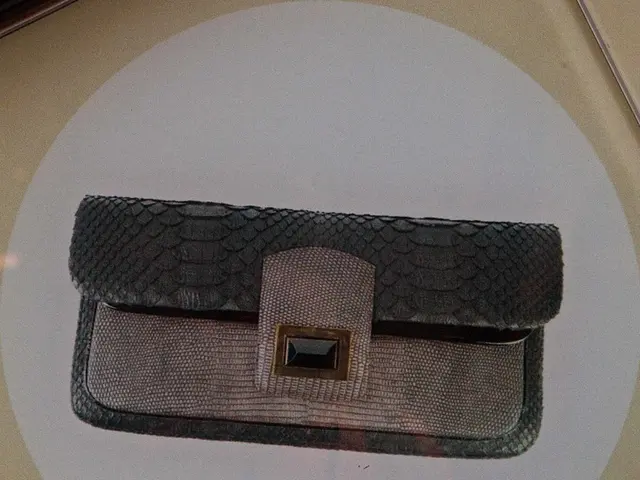The automotive sector advocates for lowering import tariffs in the United States
The recently agreed EU-US trade deal has not provided significant relief to the German automotive industry, as the tariff reduction on EU vehicles entering the US is only temporary and partial. Instead of eliminating tariffs, the US has lowered them from 27.5% to 15%, a move that stabilises short-term exports but fails to address deeper structural challenges.
These challenges include German automakers' lag in the electric vehicle transition, US protectionist policies like high steel tariffs, and supply chain vulnerabilities. Despite the industry's urgent calls for tariff withdrawal, these unresolved issues continue to pressure margins and force strategic shifts in production, limiting the deal's effectiveness for German automakers.
Key points explaining the limited relief include a temporary and limited tariff cut, continuing steel and raw material tariffs, structural industry challenges, and long-term risks and market uncertainty. The US maintains steep tariffs on European steel, a major input for car manufacturing, raising costs for German automakers. The U.S. market's increasing demand for electric vehicles presents a challenge, as German manufacturers face a lag relative to competitors. Uncertainties in trade terms under agreements like USMCA complicate supply chains and production strategies.
Investors see a paradox where short-term tariff relief does not address competitiveness threats from global competition, regulatory divergence, and electrification transition costs. As a result, the costs incurred by the German automotive industry continue to rise, with estimates reaching billions.
Despite the ongoing challenges, the EU Commission is proceeding with the finalization of the agreement details, with a joint statement close to being agreed upon by both parties. However, the US has not signed the trade deal yet, and no deadline has been set for the US to fulfill its promises regarding the tariff reduction.
VDA President Hildegard Müller has called for the US to withdraw sectoral tariffs for the European and German automotive industry. She also urged the EU Commission and the German government to push for the withdrawal of sectoral tariffs, stating that the deal has not provided clarity or improvement for the German automotive industry.
In conclusion, while the trade deal offers a degree of short-term tariff relief, it stops well short of full tariff elimination or addressing broader policy and market risks. As a result, the German automotive sector continues to experience significant pressure despite the agreement.
- The temporary tariff reduction in the EU-US trade deal provides limited relief to the German automotive industry, which is also grappling with challenges in the electric vehicle transition, protectionist policies like high steel tariffs, and supply chain vulnerabilities.
- The US maintains steep tariffs on European steel, a significant input for car manufacturing, making it difficult for German automakers to compete financially in the automotive industry.
- The banking and insurance sectors could play a crucial role in helping German automakers navigate these challenges, offering financial solutions to mitigate rising costs associated with regulatory divergence, electrification transition, and global competition.




